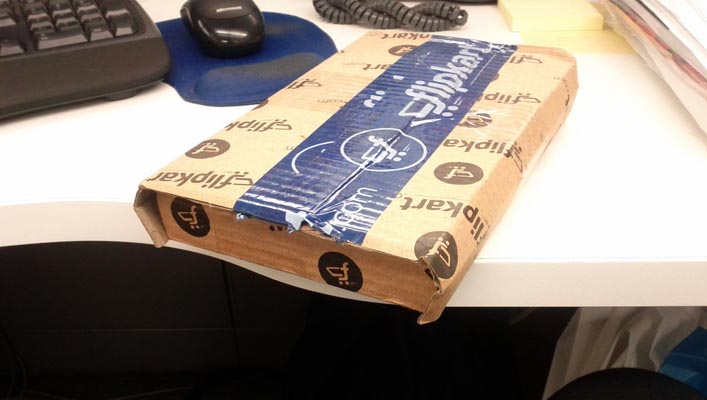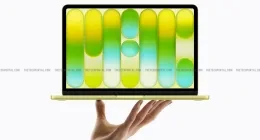Google is now announcing the launch of its second generation machine learning system, TensorFlow, which is an open source, portable and easy to use product. TensorFlow follows Google’s first generation machine learning system, DistBelief and is considerably faster and scalable than its predecessor, proclaims Google.
TensorFlow remains completely open source through a standalone library and comes with Apache 2.0 licenses making it accessible on data centres or even a smartphone.
Google, Apple, Microsoft and a host of tech companies are looking at Deep Learning technologies to improve the functionality of an artificial intelligence (AI) network. From using AI to filter out spam in Gmail to assisting faster discovery of life saving drugs, Google has been applying the deep learning technology in a number of applications.
Deep learning systems are an artificial neural networks that mimic the learning process of the human brain. The development of Deep Learning technology has altered the field of computer science and has the far reaching impact of making technology an intuitive and continually learning network of systems.
Google’s endeavour into the Deep Learning system began in 2011 with the development of DistBelief, which helped developers at Google build larger neural networks that would not have been possible to build a decade ago. Using this system Google developed its speech recognition feature in its Google app and advanced the image search feature in Google Photos.
With the second generation TensorFlow, Google hopes to significantly improve its existing products.
Machine learning is still in its infancy — computers today still can’t do what a 4-year-old can do effortlessly, like knowing the name of a dinosaur after seeing only a couple of examples, or understanding that ‘I saw the Grand Canyon flying to Chicago’ doesn’t mean the canyon is hurtling over the city,
stated Google CEO Sundar Pichai.
We have a lot of work ahead of us. But with TensorFlow we’ve got a good start, and we can all be in it together.
Google sees vast application of TensorFlow from the field of research, to everyday products and also plans to release its ImageNet computer vision model on TensorFlow soon.
The Tech Portal is published by Blue Box Media Private Limited. Our investors have no influence over our reporting. Read our full Ownership and Funding Disclosure →







1 comment